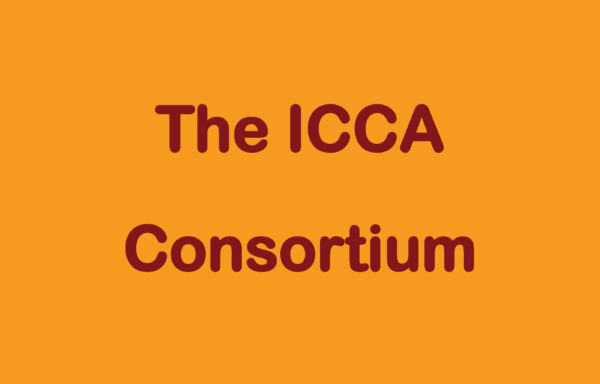For the ICCA Consortium, 2023 was a pivotal year—a year of growth, reflection, and strategic transformation. Amid global challenges, the Consortium reinforced its commitment to Indigenous Peoples and local communities, amplifying their voices, advocating for their governance systems, and strengthening the international movement for territories of life
First published on 07/03/2025, and last updated on 08/25/2025
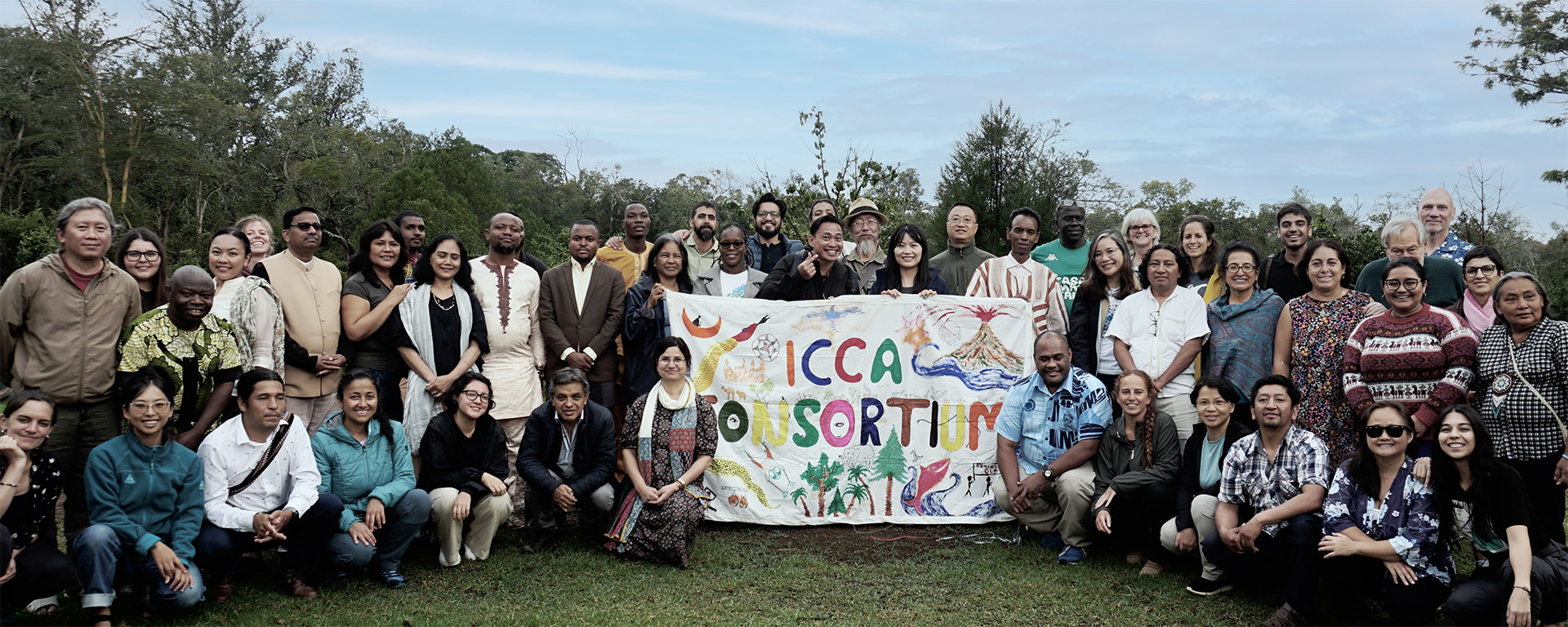

ICCA Consortium Annual Report 2023
A year of transformation and growth
For the ICCA Consortium, 2023 was a pivotal year—a year of growth, reflection, and strategic transformation. Amid global challenges, the Consortium reinforced its commitment to Indigenous Peoples and Local Communities, amplifying their voices, advocating for their governance systems, and strengthening the international movement for territories of life.
As a membership-based association rooted in solidarity, the ICCA Consortium continued to work with the custodians and guardians of territories of life in securing appropriate recognition and support for their territories. Through advocacy, strategic partnerships, and direct support, we navigated a year of renewal, reinforcing our foundations and expanding our reach.
Cover image: ICCA Consortium meeting in Kenya in 2023
Highlights
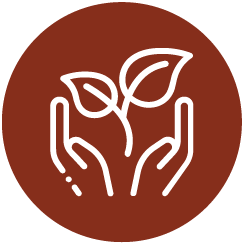
Strengthening global and regional presence
The Consortium expanded its influence at international policy forums, advocating for territories of life in key discussions, including the UN Permanent Forum on Indigenous Issues and negotiations under the Convention on Biological Diversity. Regionally, we deepened engagement through national and regional assemblies in Latin America, Africa, Asia, and the East Asia and Pacific Islands.

Membership growth and engagement
The Consortium welcomed sixteen new Members, bringing the total to 225 member organizations and 485 Honorary members from eighty countries. Strengthening inter-regional collaboration and expanding linguistic support ensured more inclusive participation across diverse communities.

In-person meeting in Kenya
In October, fifty representatives from the Council, Secretariat, and Council of Elders convened in Kenya to reflect, revise, and plan the Consortium’s strategic direction. This meeting was a turning point, shaping our 2024-2028 Strategic Plan and strengthening internal governance structures.

Organizational change
In 2023, our ongoing extensive organizational change process achieved significant progress, strengthening the Consortium’s governance and operational structures.
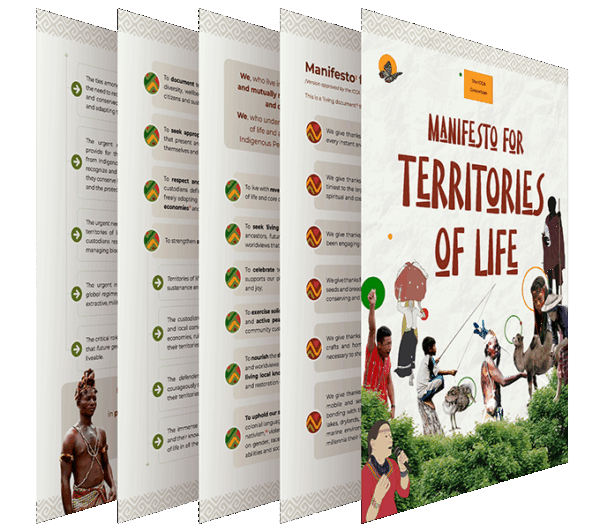
Manifesto for territories of life
A guiding statement of collective vision and principles, formally adopted to reaffirm the Consortium’s foundational values.
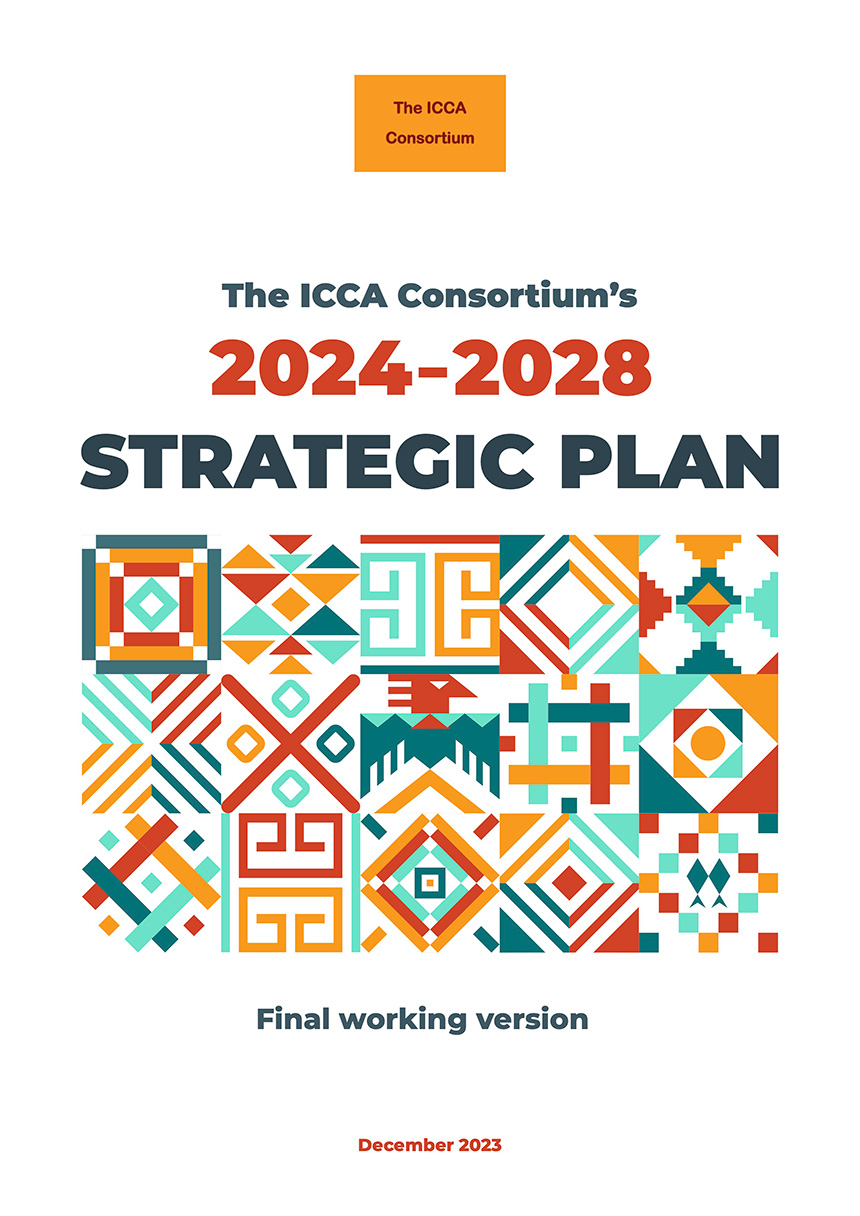
Strategic Plan 2024–2028
Developed through an inclusive, participatory process, the Strategic Plan ensures alignment with the evolving needs of territories of life and their guardians and custodians.

Governance and operational improvements
Strengthened decision-making mechanisms, regional coordination, and Secretariat roles to enhance support for our membership.

Regional highlights
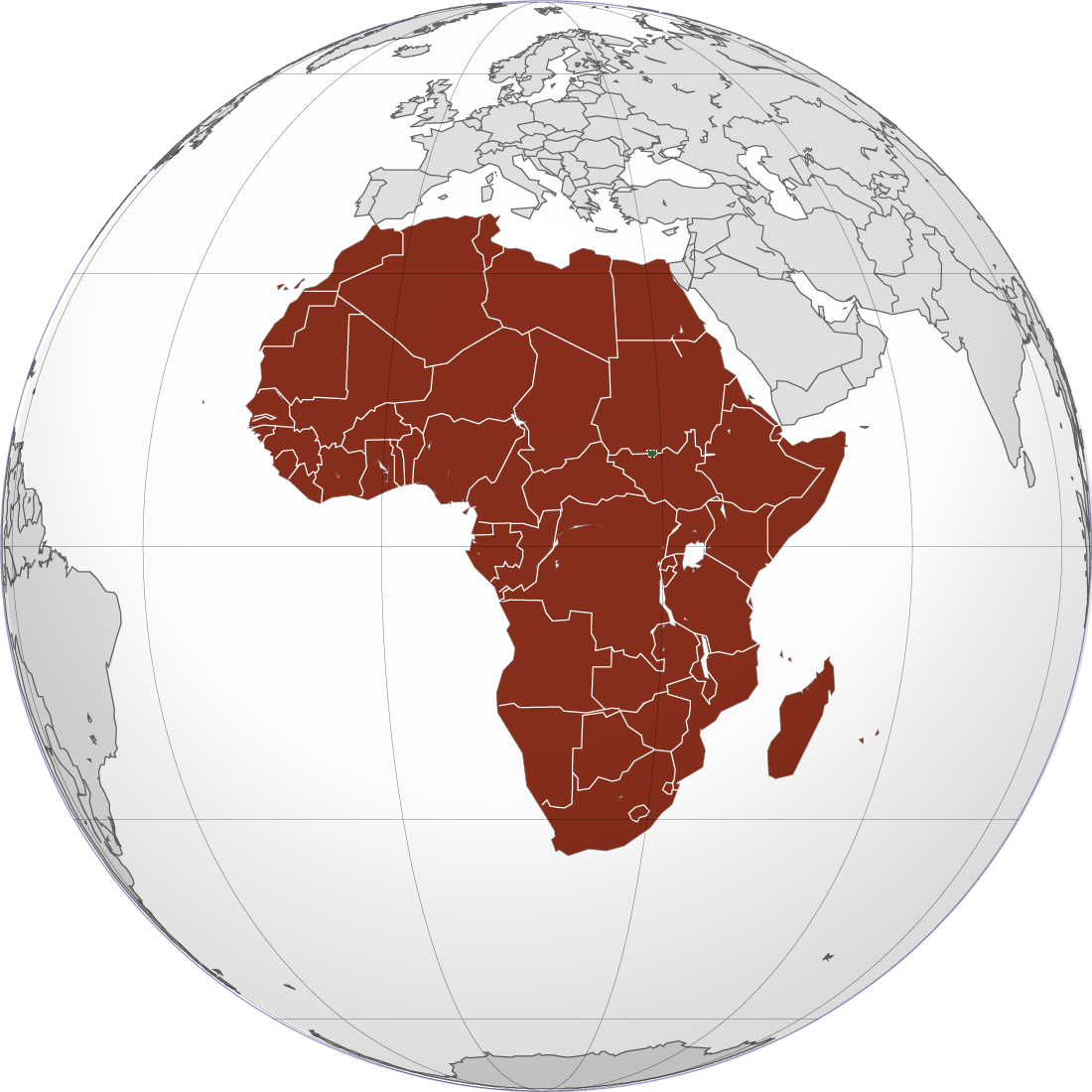
Africa
Legal recognition for Indigenous territories advanced in the Democratic Republic of Congo. In the Gambia, coastal restoration efforts strengthened community-led conservation.
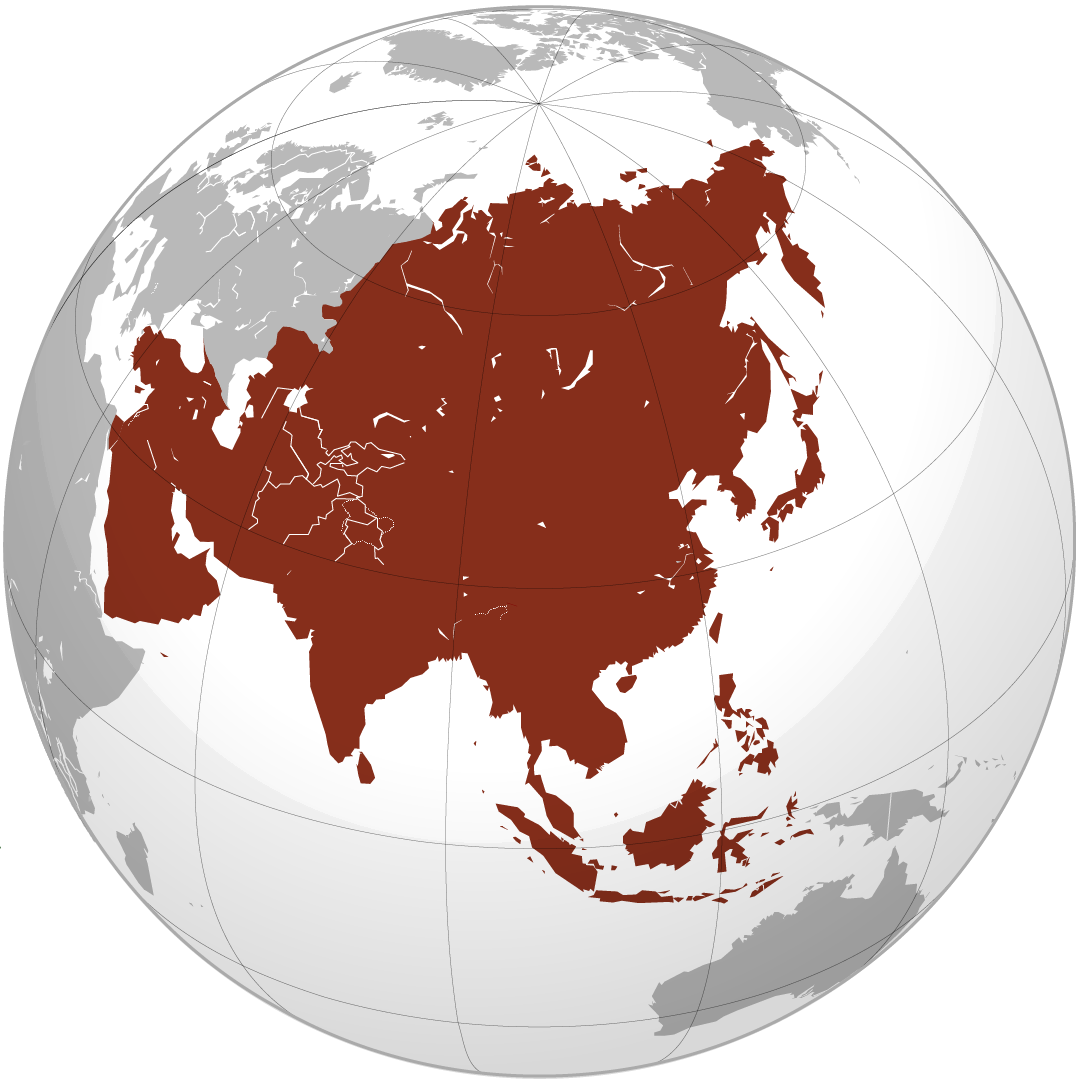
Asia
Communities of Indigenous Peoples advanced their roles as stewards of territories of life by contributing to conservation, deepening research on governance, and advocating for community-led policies on major regional platforms.
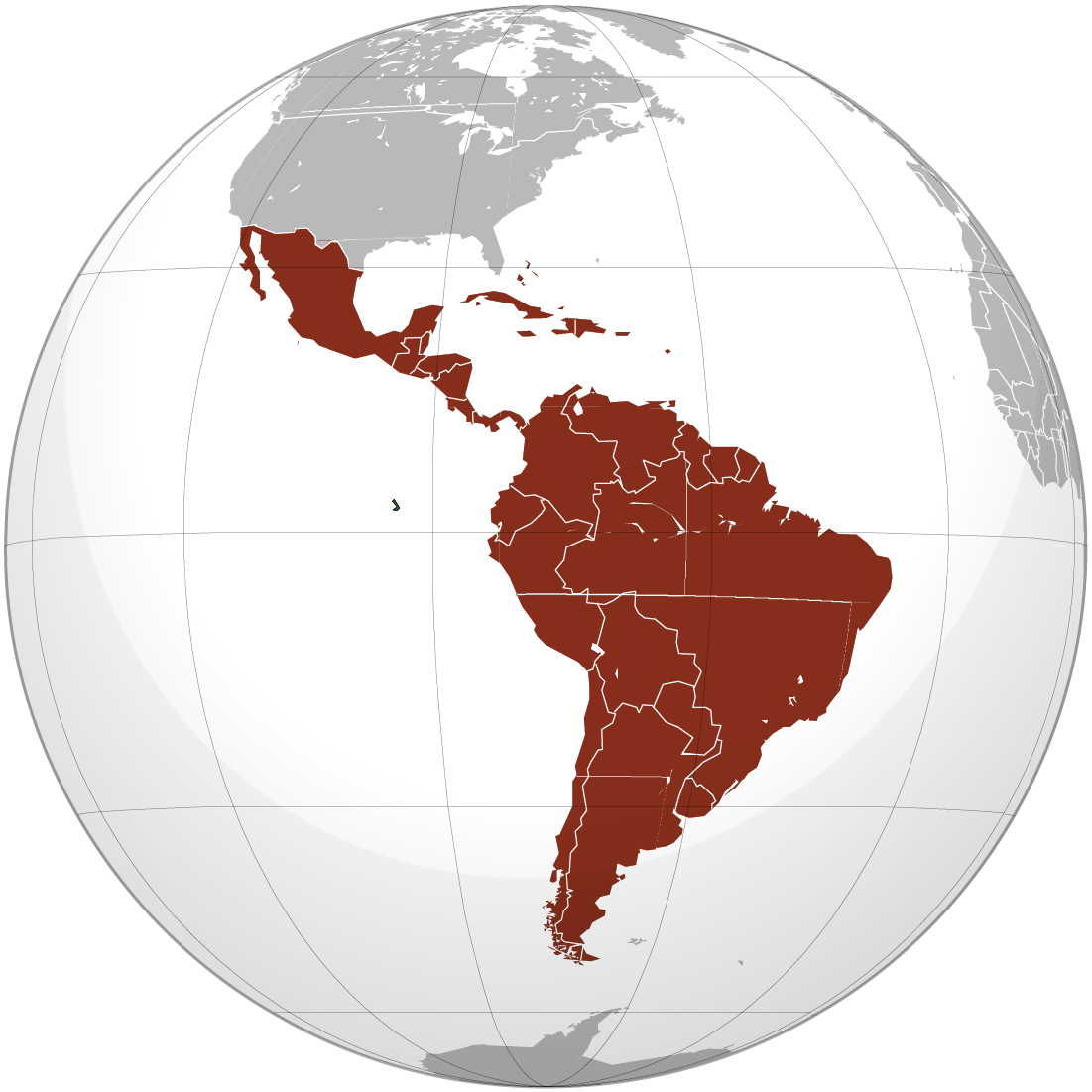
Latin America and the Caribbean
New legal protections were secured for coastal and marine ICCAs, and grassroots networks strengthened conservation efforts across Mesoamerica and the Amazon.

Financial overview
In 2023, the Consortium maintained financial stability through a diversified funding base, supporting global and regional initiatives.
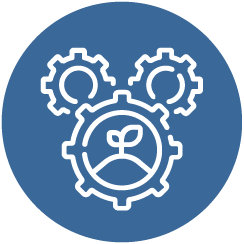
Total expenditures amounted to USD 937,327, allocated across core spending areas, including support to the membership, policy advocacy, and strengthening of governance

Funding was secured from key donors such as the Packard Foundation, UNDP GEF SGP, SwedBio, and the Oak Foundation.
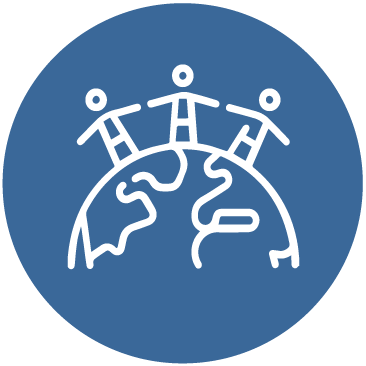
Sub-grants supported in-country and regional activities in over twenty countries, ensuring direct impact at the local level.

Lessons learned and challenges
Despite progress, 2023 presented challenges, including administrative complexities associated with financial growth, the need for refined governance structures, and an increasing demand for Secretariat support by our membership.
Key lessons included:
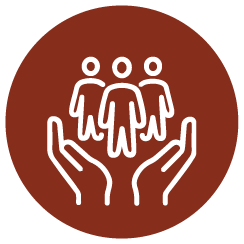
Strengthening internal processes to sustain long-term financial and organizational stability

Enhancing communication and coordination among members, the Council, and the Secretariat

Aligning regionalization efforts with the Consortium’s evolving strategic priorities

Looking ahead
There are four key goals outlined in the 2024-2028 Strategic Plan:
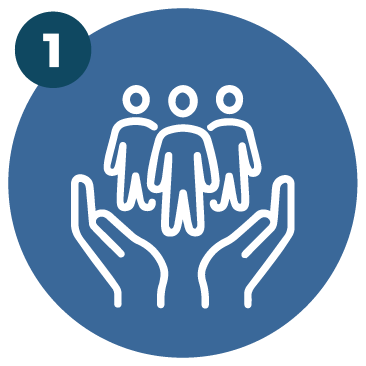
Support Indigenous Peoples and Local Communities through direct engagement and advocacy
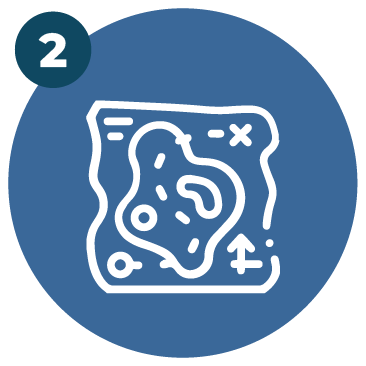
Promote appropriate recognition of territories of life and respect, protection, and fulfilment of their custodians’ rights
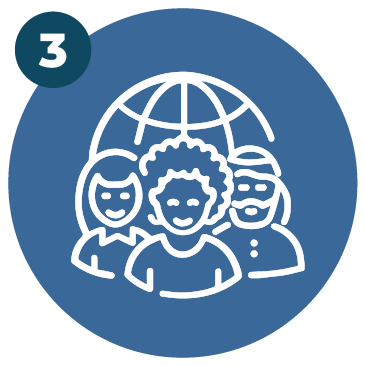
Expand regional and global influence in policy spaces to secure greater recognition for territories of life

Strengthen governance structures to enhance internal cohesion and decision-making processes
For the Consortium, 2023 was a year of transformation, setting the stage for a resilient future. As we move forward, we remain steadfast in our mission—to stand alongside the custodians of territories of life; we are stepping up our efforts to ensure the rights of Indigenous Peoples and Local Communities.
